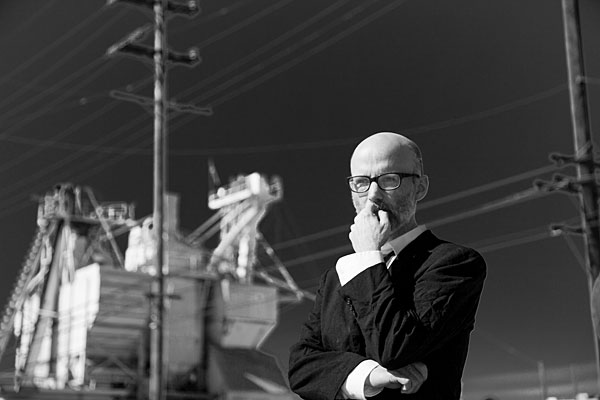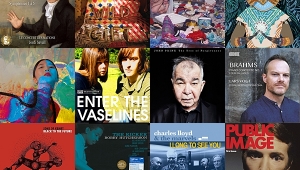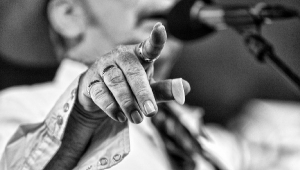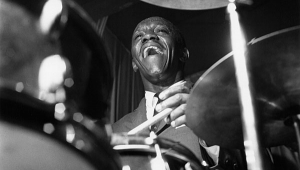| Columns Retired Columns & Blogs |
This article rings loud and true today, given our push for more excesses disguised as personal and collective freedoms. Musically speaking, I think of the Disco days, when the music was beginning to mature and creative souls discovered their own place in the genre. Then it came to an astonishingly quick end - dance venues closed everywhere, radio play switched to other genres - just gone. And it wasn't until 20 or so years later that I stumbled across an explanation that I felt was very revealing: Liner notes to a Rhino Records Disco compilation stated "It was basically shut down because the entertainment industry felt that Disco was being taken over disproportionately by Gays, Blacks, and Women" (quote approximate).
While that might sound different than the Loudness issues, it isn't so different. "They" - the gods of the music industry - just don't like good sound. They don't like it because they don't like the people who make it, they don't like audiophiles, and they don't like criticism that gets in the way of their business.
I ran into this sort of thing when I first explored working in an audio store. They (many They's actually) told me that they didn't want audiophiles as salespeople, because audiophiles would chat too much with the customers rather than closing sales.











































